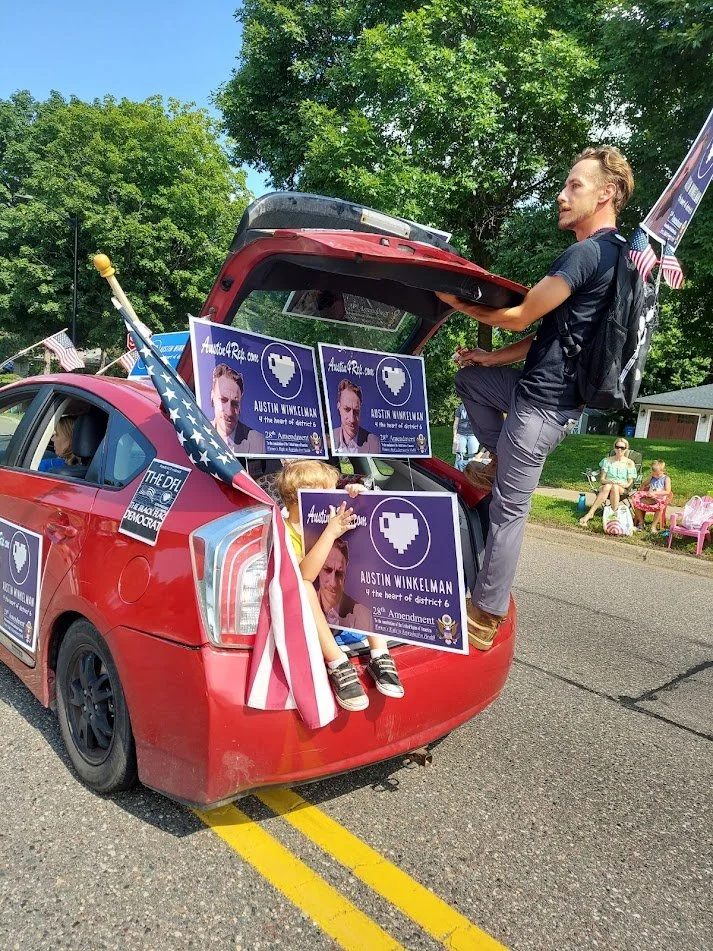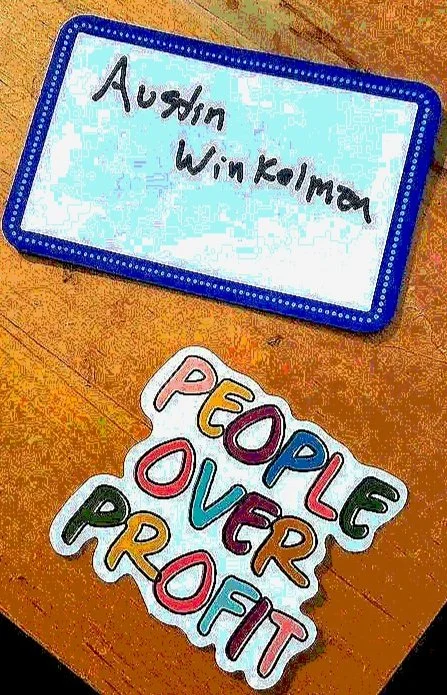Search is now available for the website, it is getting massive.
Use this if you are looking for specific topics titles or use keywords like:
Climate, Democracy, Education

Reforming the Rules of the U.S. House of Representatives
These reforms would dismantle the entrenched “gatekeeping” power of party leadership and return the House to what it was meant to be: a representative body where all Members—regardless of party—can legislate, debate, and vote on behalf of the people.

The Contract with the American People
The Constitution was designed to diffuse power—not concentrate it. Yet over time, factionalism, partisanship, and corporate dominance have warped the system into one that serves the few at the expense of the many. The Contract with the American People reaffirms that the Constitution is a living document—a contract between the people and their government—and demands its modernization to restore balance, accountability, and freedom
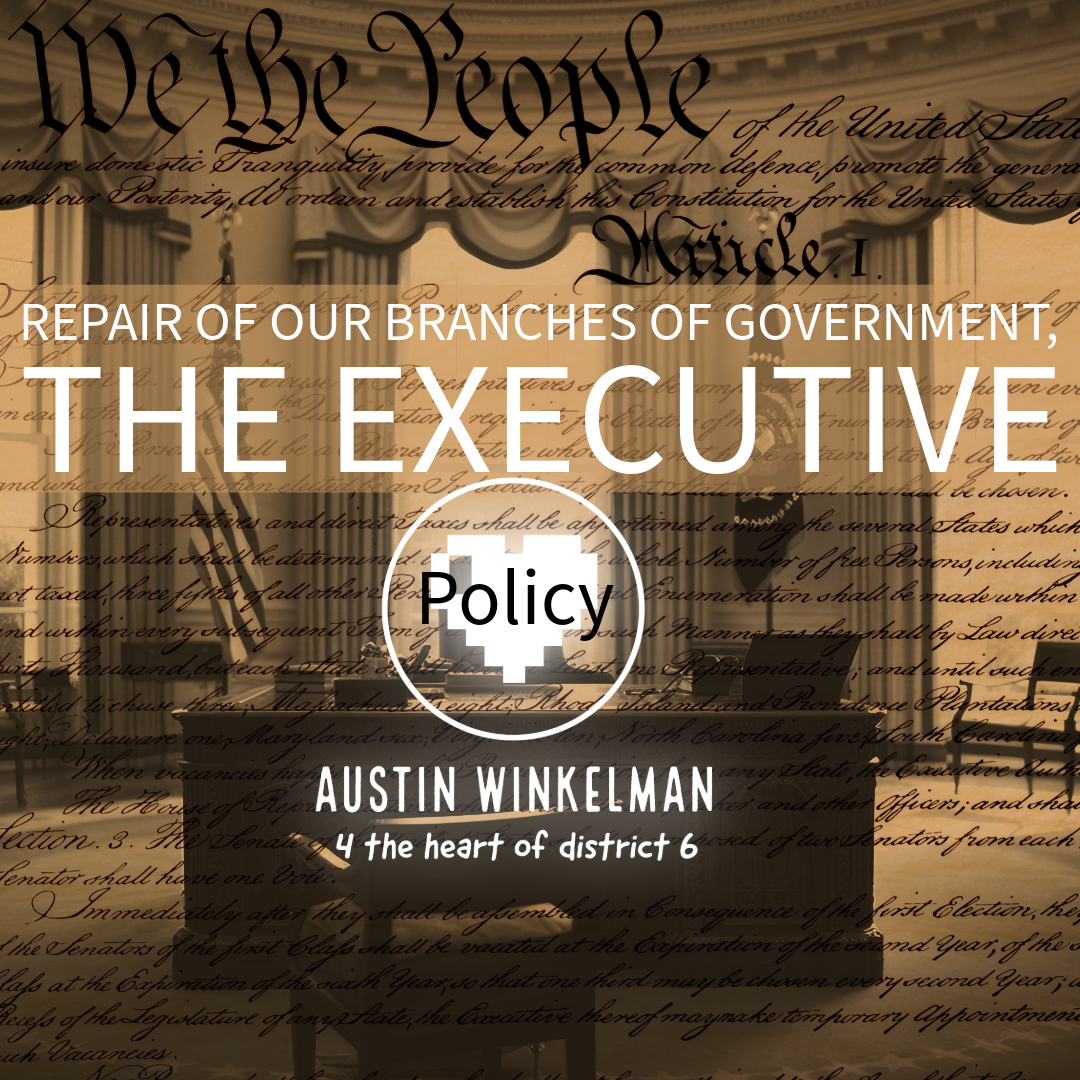
Repairing the Executive Branch
Place the President Under the Law:
Pass a constitutional amendment explicitly stating the president is not above the law.
Lower the threshold for impeachment so partisanship cannot shield wrongdoing.
Reform Old Laws & Presidential Authority:
Review and repeal outdated statutes like the Alien Enemies Act that allow abuse.
Restore authority to Congress to prevent executive overreach under vague “national security” claims.
Eliminate Corruption in the Executive:
Redefine corruption standards to be among the strictest in the world.
Ban presidents and all federal officials from owning stocks or cryptocurrency to prevent manipulation and favoritism.
International Accountability:
Join the International Criminal Court to hold American leaders accountable for crimes against humanity and war crimes.
End Unauthorized Military Power:
Revoke outdated Authorizations for Use of Military Force (AUMFs).
Prohibit unilateral strikes and drone warfare that cause civilian casualties.
Develop specialized urban combat units for precision counterterrorism instead of indiscriminate missile use.
Restore Balance:
Reinforce Congress’s responsibility for lawmaking and war powers.
Strip away arbitrary executive powers that undermine democracy.

Repairing the Supreme Court
Expand the Court:
Increase the number of justices from 9 to 13—matching the number of circuit courts.
Distribute workloads more effectively and reduce the concentration of influence in too few hands.
Make it harder for billionaires and special interests to buy influence.
Redefine Bribery & Enforce Criminal Penalties:
Restore strict definitions of bribery that the Court itself has eroded.
Make bribery of justices a criminal offense with real consequences, not just small fines.
Judicial Review Reform:
Codify judicial review explicitly in the Constitution to end the legacy of the 1803 “power grab.”
Establish a clear, transparent process for deciding constitutional cases—ending opaque practices like the shadow docket.
Limit Elite Capture of Justice:
Ensure ordinary Americans—not just the wealthy—have meaningful access to the highest court.
Break the cycle where money and privilege dominate outcomes.
Acknowledge Law as Power:
Recognize, as Critical Legal Studies has argued, that law is often a tool of the powerful to maintain inequality.
Reclaim law as a tool for the people, not for entrenched elites.
Why It Matters
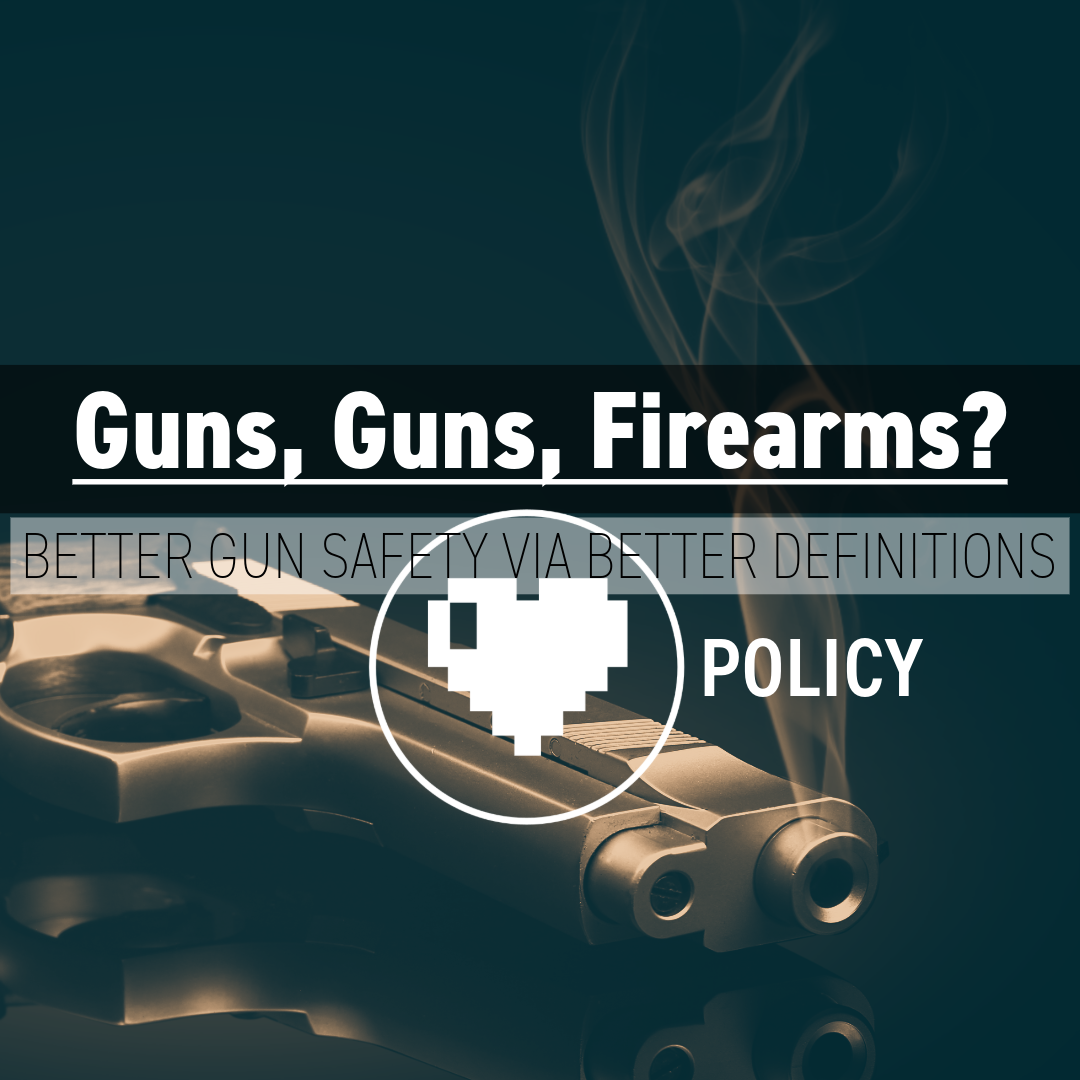
Better Gun Safety via Better Definitions
Functional Firearm Definitions:
Expand and clarify classifications to match real-world functionality.
Example: A compact handgun capable of emptying a magazine in seconds should be classified as a submachine gun.
Removes loopholes that allow dangerous weapons to bypass regulation.
Tiered Training & Storage Requirements:
Handguns, hunting rifles, shotguns: Basic safety training + safe storage.
Semi-automatic weapons: Safe storage + basic safety + advanced training.
Fully automatic weapons: Restricted to military, ex-military, and law enforcement.
Safe Storage & Support:
Federal support for gun safes, locks, and secure storage, reducing the burden on lower-income gun owners.
Encourages compliance by making safety affordable.
Slowing Access, Preventing Violence:
Lengthened processes for purchases allow better vetting and reduce “crimes of passion.”
Maintains due process protections while ensuring checks for instability or red flags.
National Security Consideration:
Widespread gun ownership is a deterrent to foreign threats.
Balancing safety and rights strengthens America’s security without resorting to bans.
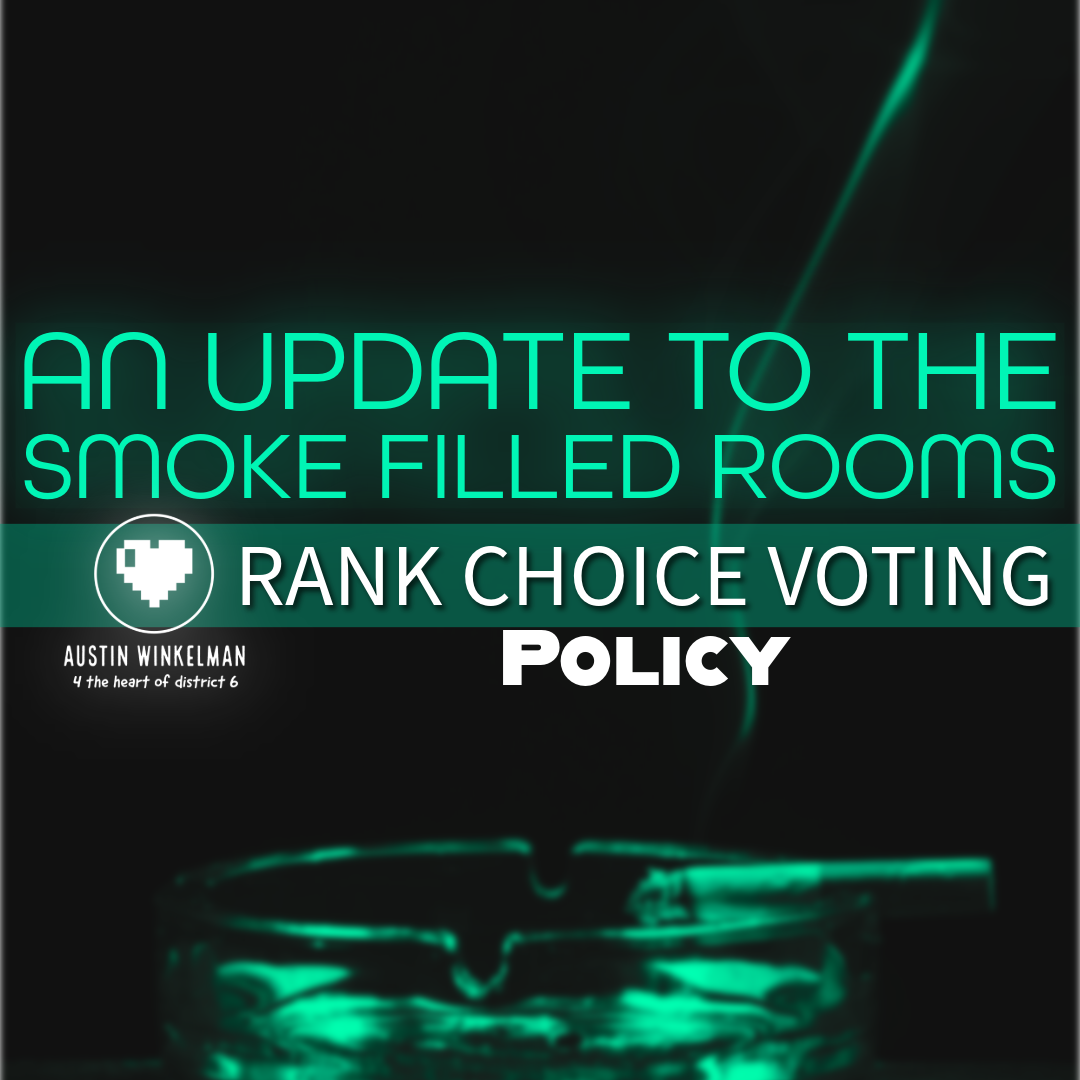
Ending the Smoke-Filled Rooms: Adopting Ranked Choice Voting
Ranked Choice Voting for Endorsements & Primaries:
Implement ranked choice voting (RCV) within party primaries, endorsements, and internal elections.
Forces parties to adapt to the 21st century by opening up the process to more candidates and ideas.
Builds voter enthusiasm and turnout by ensuring candidates can transfer support between bases.
Break Party Elitism:
End the cliquish, exclusionary culture of endorsements decided in “smoke-filled rooms.”
Democrats especially must return to being a true big-tent party—open to farmers, labor, and rural voters once again.
Encourage Competition & New Leadership:
Without reforms, parties will remain stagnant, recycling the same ideas and politicians.
RCV ensures that the candidates with the broadest support rise to the top, not just those with insider backing.
Protect Democracy Against Entrenchment:
Career politicians should not treat Congress as a lifetime appointment.
Open primaries and endorsements to as many participants as possible, fostering a healthier democracy.
Hybrid System Potential:
Combining ranked choice with first-past-the-post voting can help maintain clarity while improving fairness.
Encourages unusual and interesting results that strengthen parties with new energy and ideas.
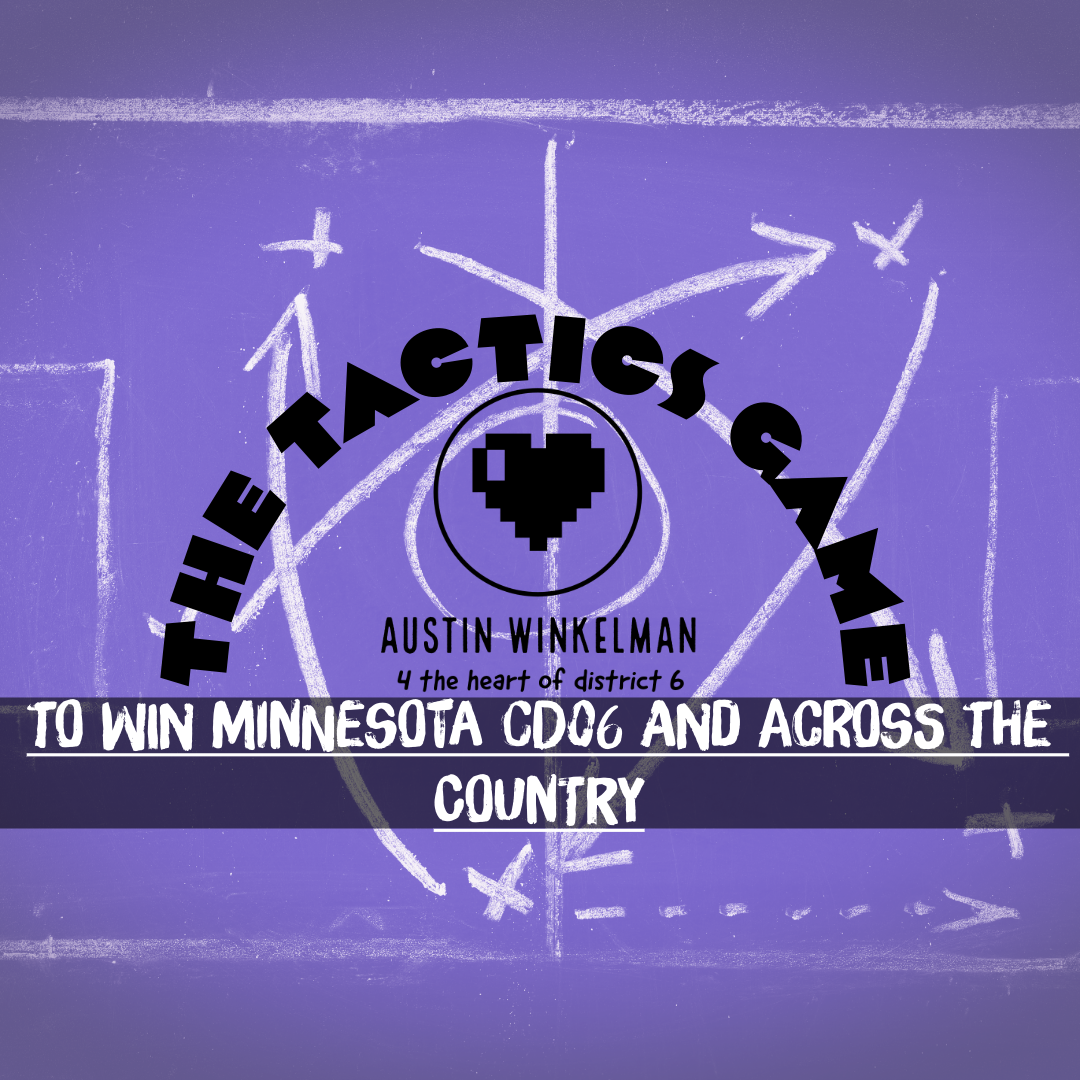
Tactics to Win Minnesota CD06 and Beyond
Candidate Characteristics:
Independent-minded, libertarian-leaning progressives who fight for both freedom and social programs.
Support constitutional rights like free speech and gun ownership, while rejecting corporate elitism and means testing.
Grounded in the struggles of everyday people—workers, farmers, and families—not the agendas of corporations or academia.
Reject Party Elitism:
The Democratic Party is not living up to its “big tent” promise. Cliquishness, corporate ties, and inconsistency have alienated voters.
Mimicking Republicans doesn’t win votes—it exposes Democrats as two-faced. Real victories require bold, independent solutions.
Real Progressive Agenda:
Push for strong social programs and modernized safety nets.
Offer legitimate pathways to citizenship for migrants.
Address gun issues without bans, respecting constitutional rights.
Shun big business in favor of farmers, workers, and unions—the true Democratic base.
Strategic Coalition:
Democrats should embrace progressive independents as allies.
Independent candidates can go where Democrats fear—rural America—and win credibility.
Together, this coalition can build the two-thirds congressional majorities needed to stop authoritarianism and enact a people-first agenda.

American Cyber Defense (ACD)
Dedicated Cyber Defense Force:
ACD will specialize in investigating, defending against, and carrying out cyber operations.
Relieves the FBI to focus on physical-world crime.
Recruit the Experts—Hackers:
Hire skilled hackers instead of criminalizing them.
White hats, gray hats, and even reformed black hats can strengthen U.S. defenses.
Use their expertise to expose vulnerabilities before enemies exploit them.
Comprehensive Mission:
Protect individuals from scams, theft, and fraud.
Defend critical infrastructure against hostile state-sponsored attacks.
Conduct offensive cyber operations when necessary to protect U.S. interests.
Everyday Security for Citizens: Just as local police patrol neighborhoods, ACD would patrol cyberspace, providing Americans with the protection they deserve in the digital world.
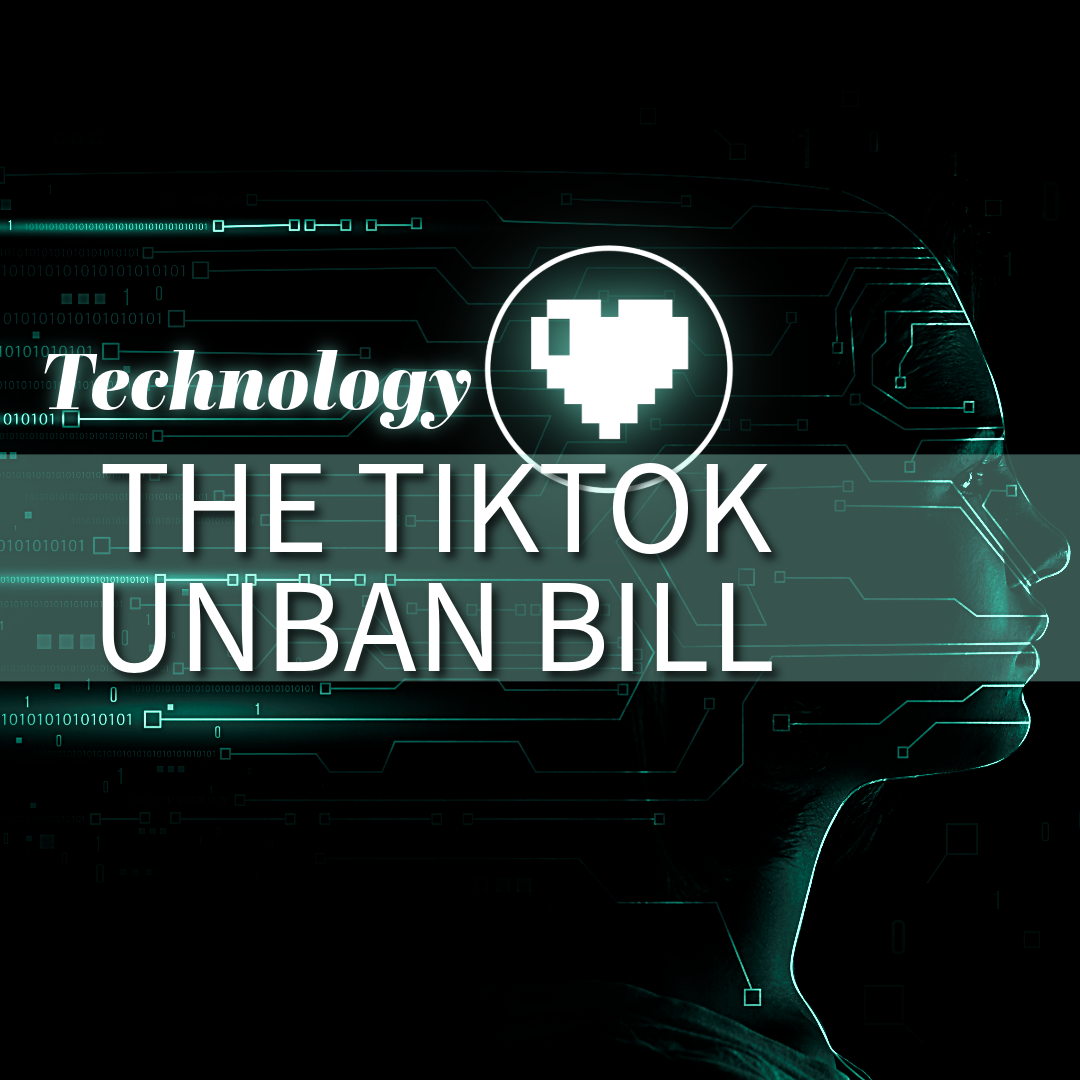
The TikTok Unban Bill
Repeal the TikTok Ban: End H.R. 7521 and allow TikTok to operate freely in the U.S. without forced divestiture.
Protect Free Speech & Fair Markets: Stop government overreach that deplatforms millions of Americans and undermines competition.
Create the Department of Algorithm (DOA):
Review and report on algorithmic bias across platforms.
Address biases like stereotyping, gender, negativity dominance, and confirmation bias.
Strengthen Digital Privacy:
Ban the sale of personal data without explicit user consent.
Ensure individuals receive a share of proceeds if they authorize their data to be sold.
Protect Children Online: Ban social media accounts for children under 12, with fines for companies that fail to comply.
Establish Clear Rules for Banning Platforms:
Only Congress can initiate a ban, with majority approval.
All bans subject to judicial review and presidential action.
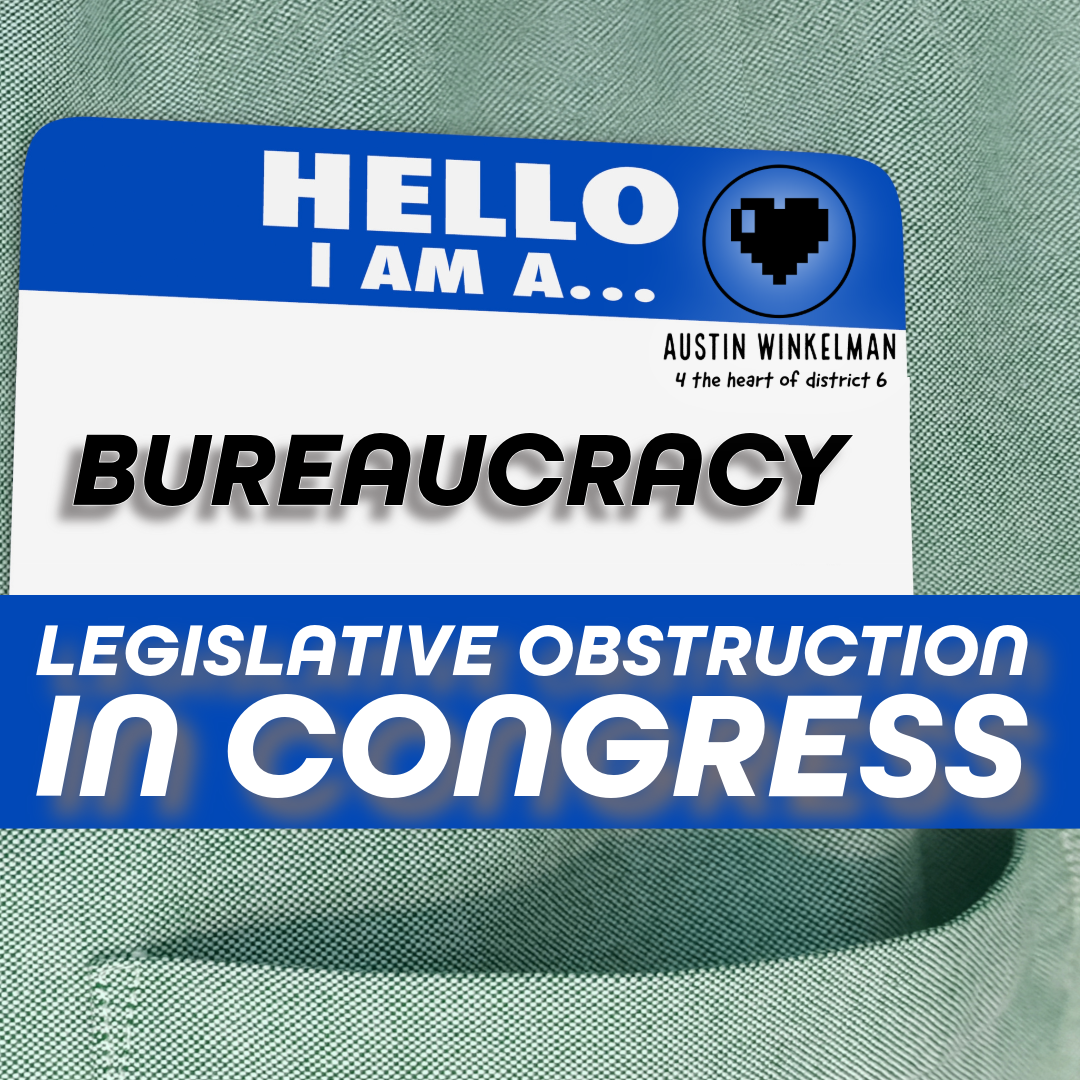
Legislative Obstruction in Congress
Procedural Maneuvers:
Motion to Recommit: Sends a bill back to committee at the last minute to force changes or stall progress.
Recorded Votes: Demanding roll call votes on even minor motions to consume time.
Filibuster by Amendment: Offering endless amendments to drag out debate.
Points of Order: Repeatedly challenging rules to force rulings and delays.
Motion to Adjourn: Forcing votes to repeatedly end the session.
Forcing Full Readings: Demanding clerks read entire bills, wasting hours or days.
Committee & Consent Tactics:
Obstructing Unanimous Consent: Blocking routine actions to force debate.
Boycotting Committee Meetings: Denying quorum to prevent business.
Delaying Conference Committees: Slowing negotiations between House and Senate versions.
Senate-Specific Tools:
Filibuster: Blocking bills that lack 60 votes.
Unanimous Consent Holds: Halting legislation or nominations.
Blue Slip Process: Letting home-state senators stall judicial nominees.
Budget Reconciliation Manipulation: Slowing fiscal legislation with procedural objections.
Legal & Investigative Tactics:
Reviving outdated laws to challenge federal power (e.g., abortion bans).
Using the War Powers Resolution to force debate on military actions.
Deploying the Congressional Review Act to delay regulation rollbacks.
Launching oversight investigations to bog down executive action.
State attorneys general filing lawsuits to stall federal policies.
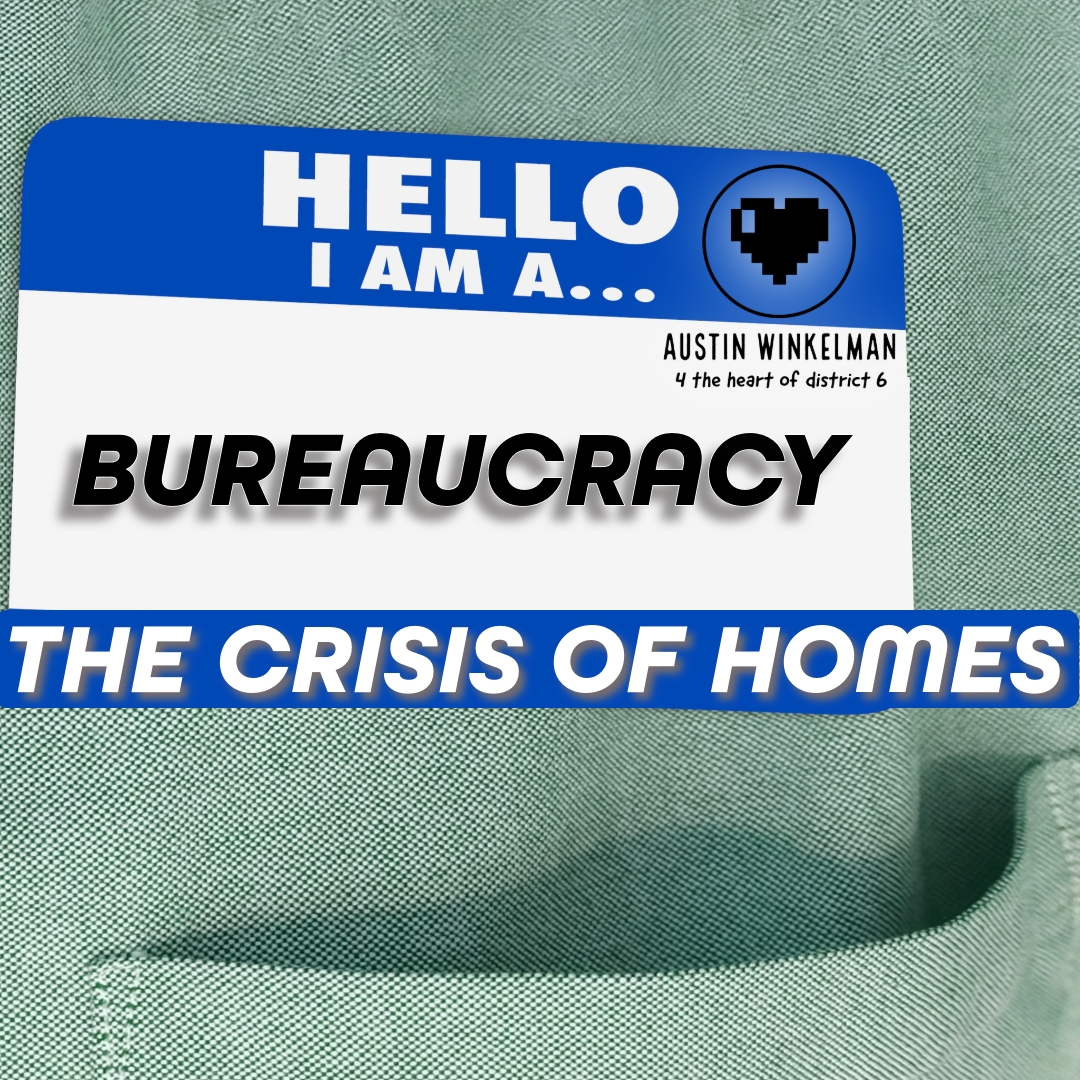
The Crisis of Homesh
Respect and Protect Seniors: Elderly Americans deserve to remain in their homes with dignity and care. We must expand housing supply without displacing them.
Rapid Housing Development with New Technology:
Deploy 3D-printed homes as a fast, affordable, and disaster-resistant alternative to traditional housing.
Build entire communities in days rather than months, reducing costs and recovery needs after disasters.
Use locally sourced materials to keep costs down and strengthen resilience.
Fix Zoning and Red Tape:
Push states and municipalities to allow flexible use of existing housing stock (e.g., convert large homes into multifamily units).
Modernize zoning rules nationally to enable rapid rollout of new housing solutions.
Stop Corporate Landlord Exploitation:
Break the grip of private equity and corporate landlords who profit from scarcity.
Use regulation to curb predatory rent hikes and national standards to protect tenants.
By expanding supply, reduce the profitability of speculative property ownership.
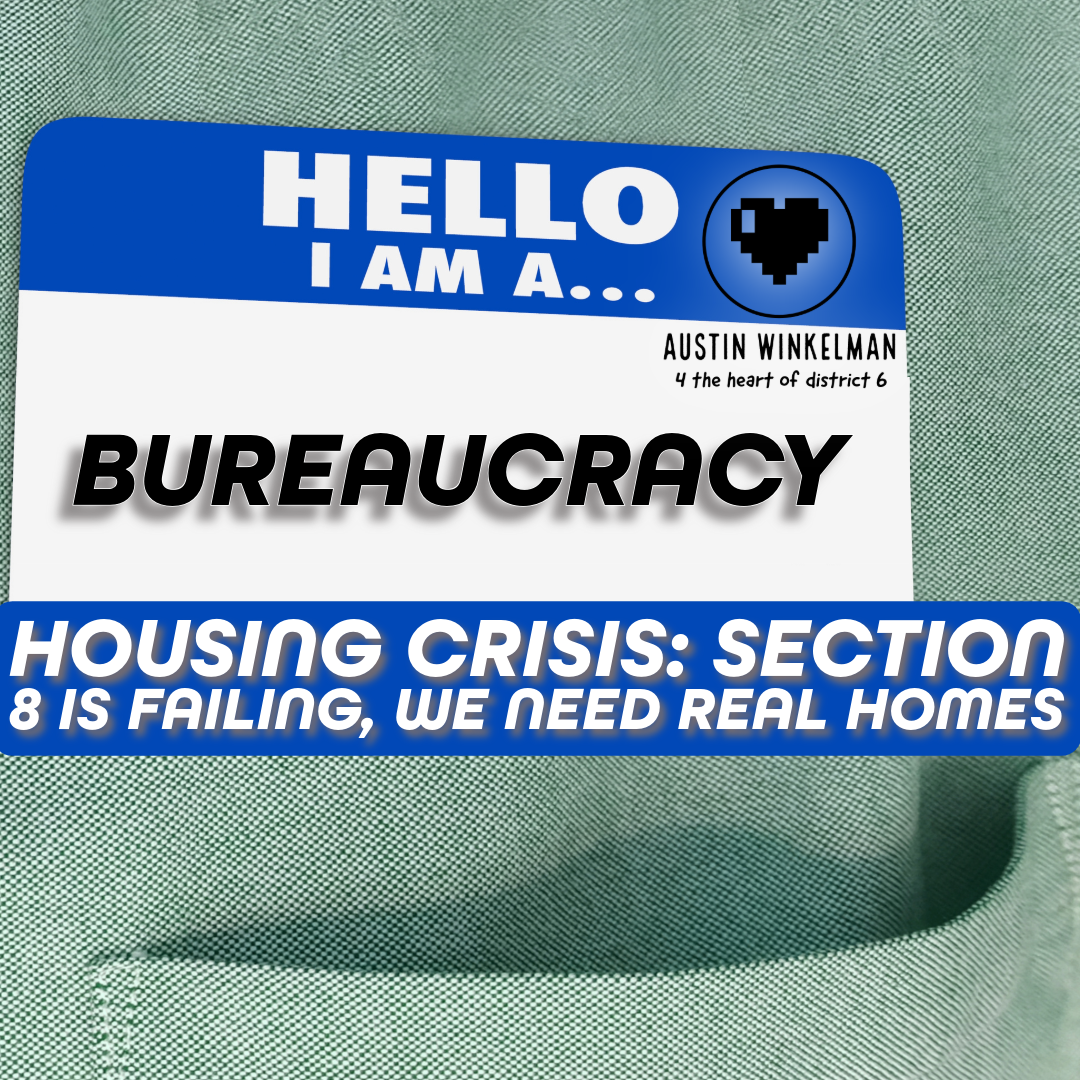
Housing Crisis: Section 8 Is Failing, We Need Real Homes
Acknowledge Section 8’s Failure: Long waitlists, expired vouchers, and landlord refusals have left countless people unhoused, with many forced into unsafe living conditions or the streets.
Reject Endless Rentals: Building more rental units or expanding Section 8 only perpetuates dependency on landlords and corporate profiteers. Real solutions must help families move into stable homeownership and the middle class.
Rapid Deployment of Homes:
Massively scale up 3D-printed housing to quickly build affordable, disaster-resistant homes at a fraction of traditional costs.
Prioritize family housing over short-term rentals and corporate-owned properties.
Confront Property Devaluation: A rapid increase in housing supply will lower existing property values. The burden must fall on those who already own homes—not the unhoused and working class struggling to survive.
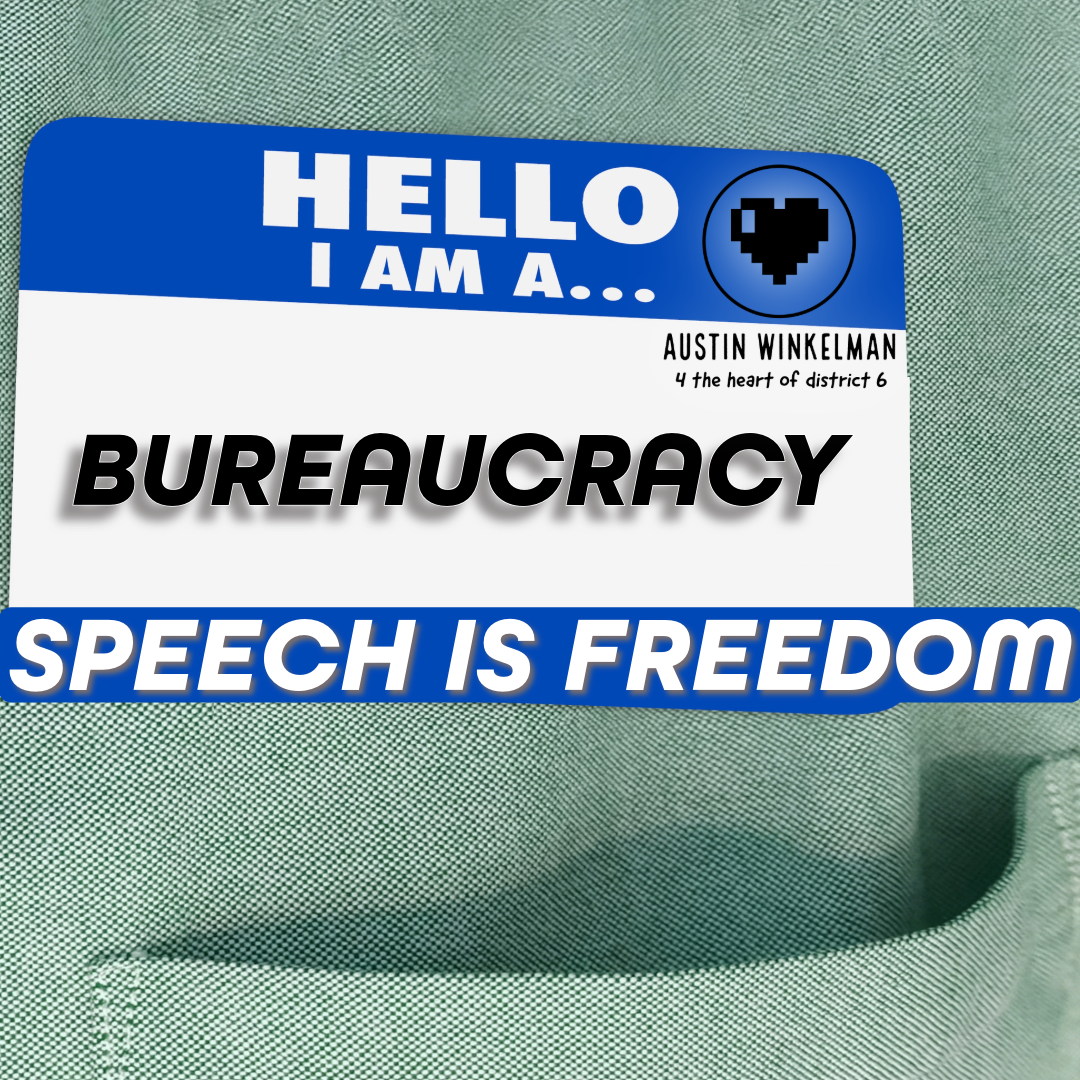
Speech is Freedom
Individual Freedom of Expression: Every American has the right to speak freely, even if the words are offensive or unpopular, as long as they do not threaten lives or incite violence.
Money and Media Amplification:
End the corrupting influence of money in politics by banning corporate PACs and publicly funding elections.
Break up media monopolies to restore diverse voices and prevent a handful of billionaires from controlling the national narrative.
Online Speech and Bots:
Regulate algorithms to de-amplify harmful content and allow time for proper review.
Mandate that social media platforms remove bot armies and malicious AI that flood discourse and amplify misinformation.
Restore the internet as a space by humans, for humans.
Defend Against Censorship: Free speech must never be curtailed because it is unpopular. We can answer bad ideas with better ideas—not censorship.
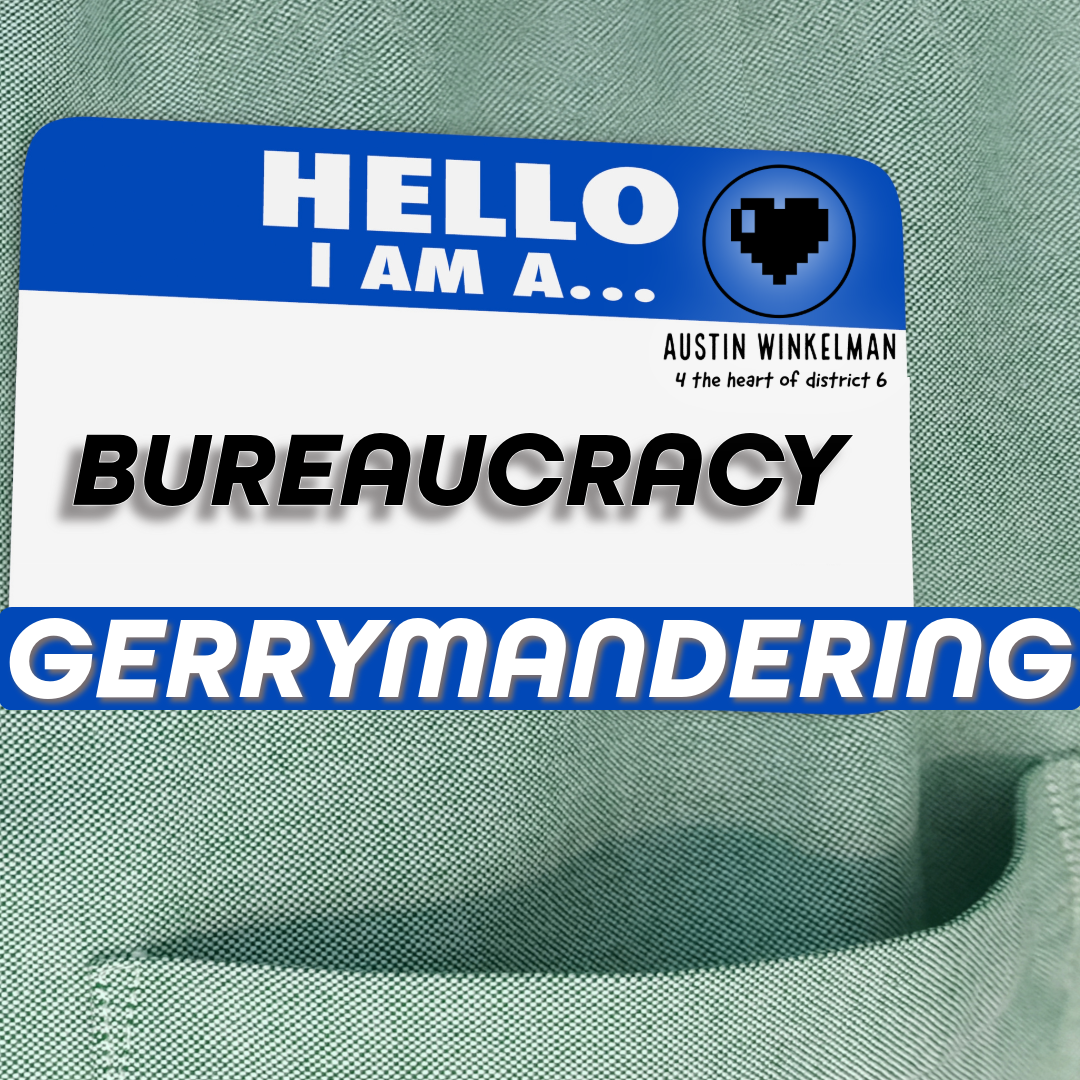
Gerrymandering: A Threat to Democracy
Protect Freedom of Choice: Gerrymandering denies voters the ability to freely choose their representatives by predetermining outcomes. True democracy requires competitive elections where every voice matters.
Reject Bipartisan Abuse: Fighting gerrymandering with more gerrymandering only entrenches a political caste system, where the same politicians hold power for decades.
Legal and Legislative Solutions:
Support class-action lawsuits to challenge unfair maps and delay implementation through the courts.
Enact national redistricting standards that ban gerrymandering across all states.
Consider reforms, such as expanding the Supreme Court, to protect fair representation from judicial obstruction.
Independent and Fair Elections: Restore ballot access for independents and third-party candidates to give voters genuine alternatives beyond the two-party duopoly.
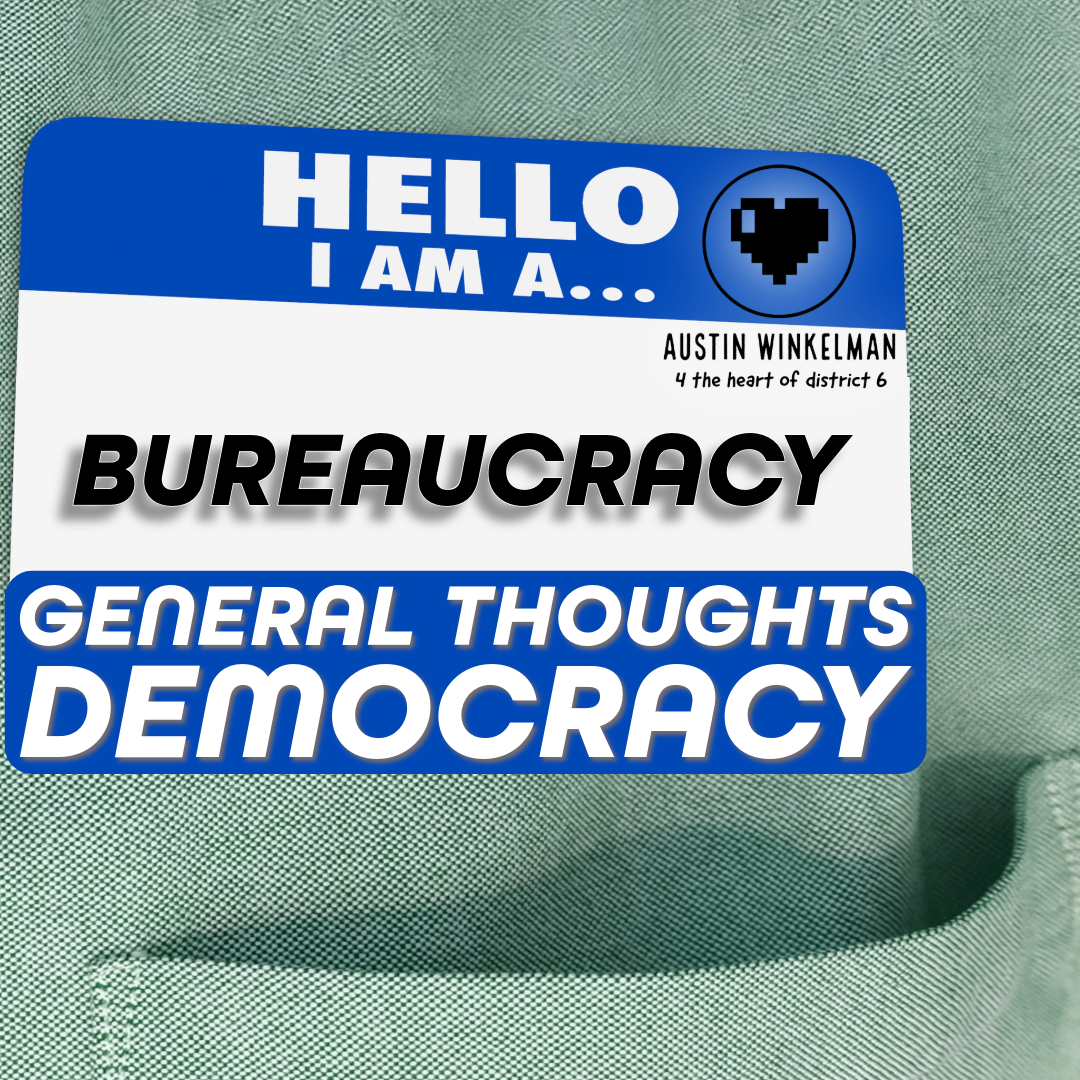
General Thoughts democracy
Political corruption is a cancer that eats away at the foundations of democracy. It manifests in many forms, including lobbying abuses, bribery, extortion, nepotism, cronyism, patronage, parochialism, graft, embezzlement, and influence peddling. Each of these practices undermines public trust and distorts the democratic process, shifting power away from the people and into the hands of the privileged few.
The rise of money in politics can be traced back to the 1976 Buckley v. Valeo decision, where the Supreme Court ruled that government could not limit corporate political spending without violating free speech rights. This landmark case opened the door for unprecedented financial influence in elections. In 2010, the Citizens United decision expanded this ruling, allowing unlimited political spending by nonprofits, for-profits, unions, and corporations. The result was a dramatic increase in untraceable money influencing elections, weakening the Federal Election Commission's (FEC) ability to enforce spending limits.
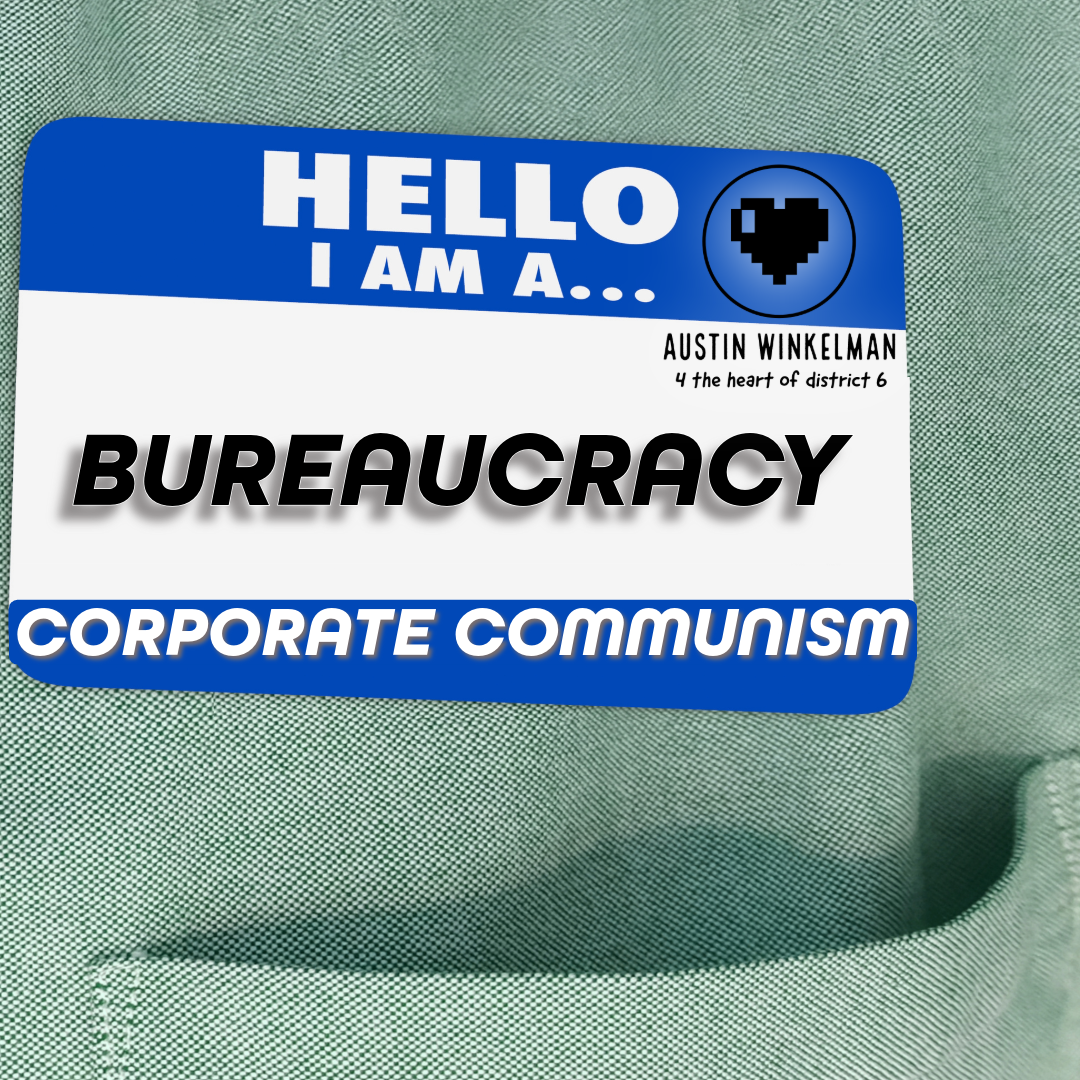
Corporate communism
Corporate communism: as a system of governance where wealth redistribution and state intervention are employed to significantly increase corporate power; often using communist style tactics, such as government wealth funds to perches business entities. wildly exacerbating wealth inequality in society.
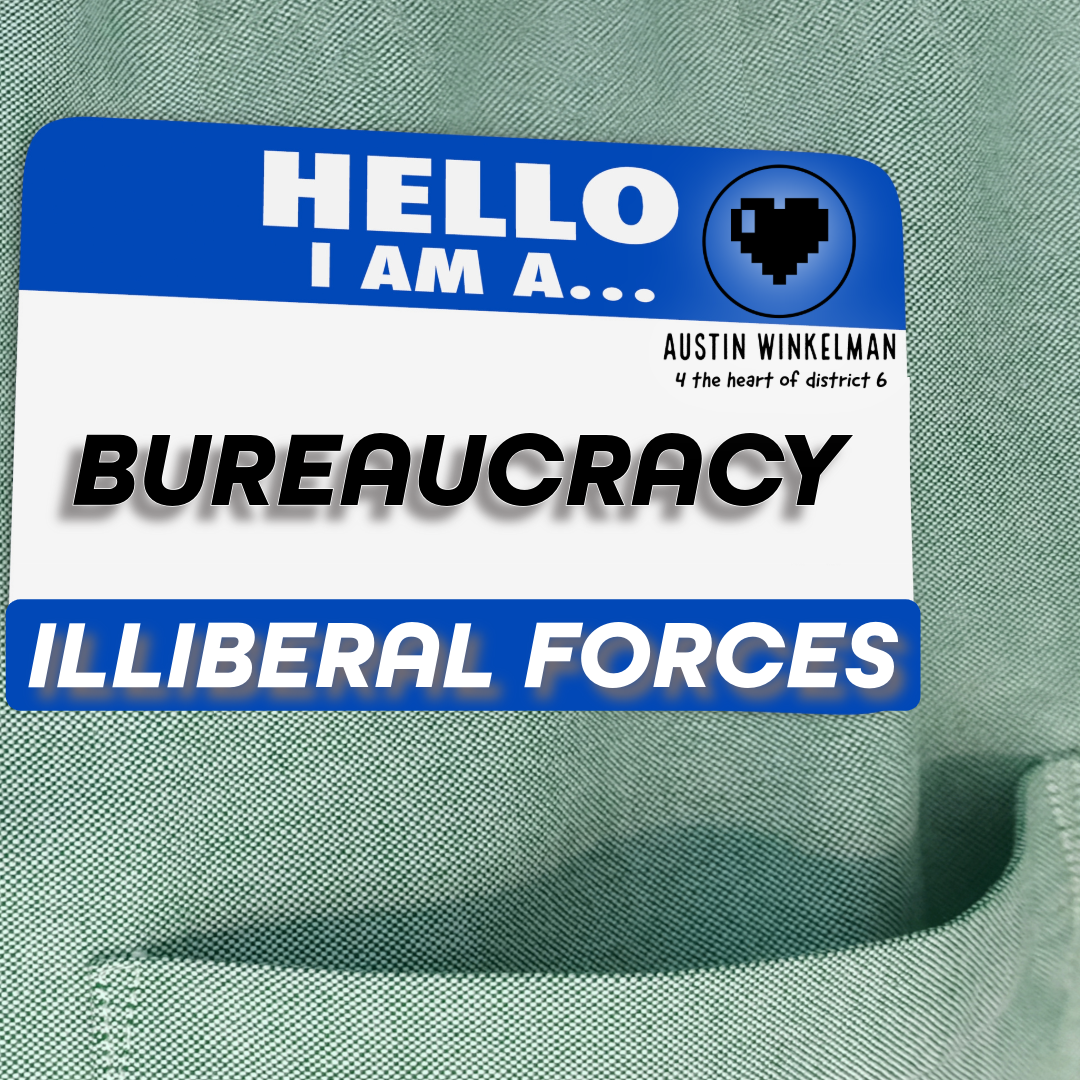
illiberal forces
"A Republic, If You Can Keep It" The words of Benjamin Franklin resonate more strongly today than ever before. Democracy is not self-sustaining—it requires vigilance, courage, and a commitment to defending it, no matter the source of the threat. Regardless of where a threat to democracy originates, it is our duty to counter it and call it out for what it is.
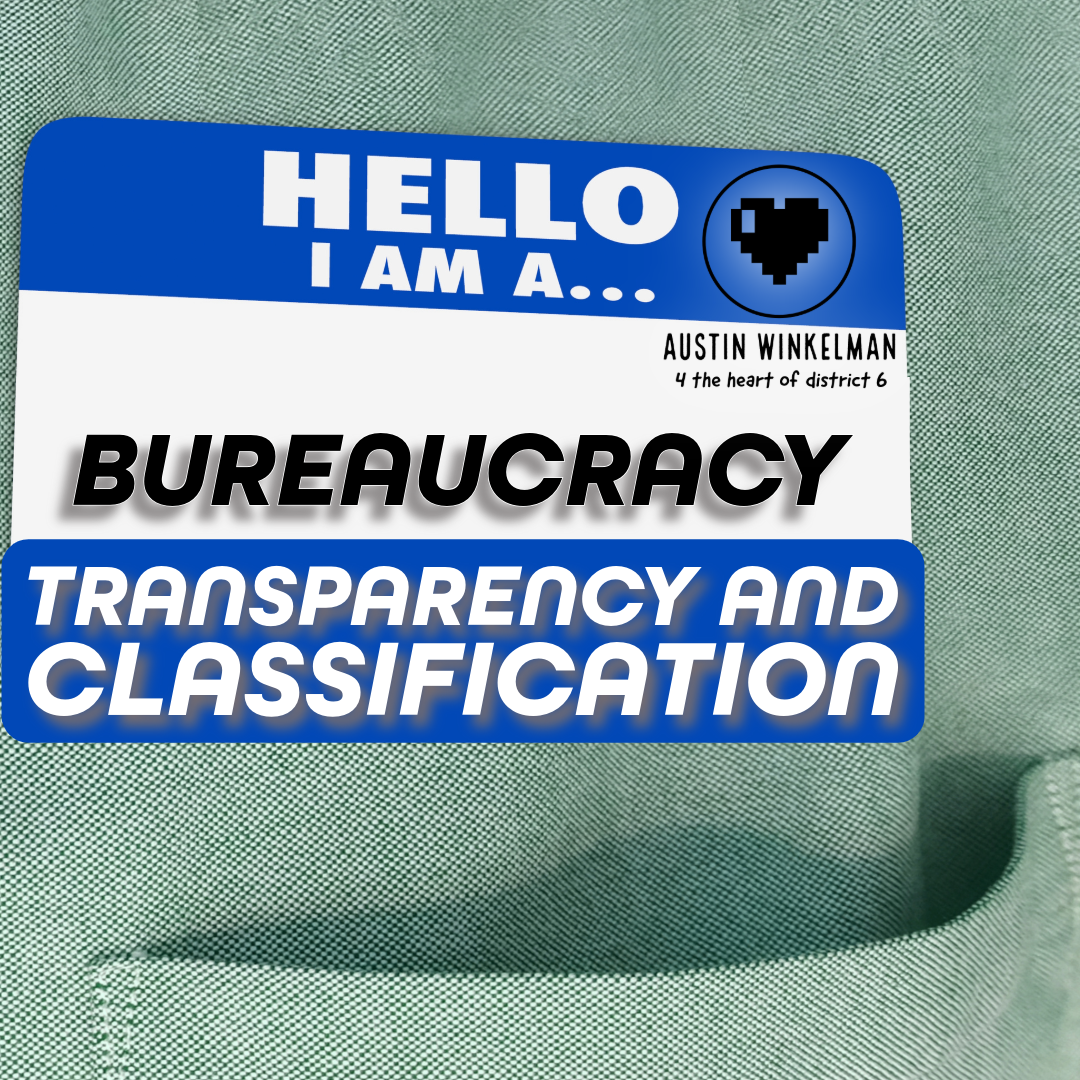
Transparency and Classification
Another significant issue eroding trust in government is the over-classification of information. While it is reasonable to classify information to protect sources and methods, there are instances where information has been classified for less justifiable reasons—such as to avoid public embarrassment or shield agencies from accountability. This practice undermines trust and hinders informed public discourse.
Review and Reform the Classification Process: We must take a closer look at the overall classification system to ensure that information is classified only when necessary. This includes regular reviews of classified materials to determine if continued classification is warranted.
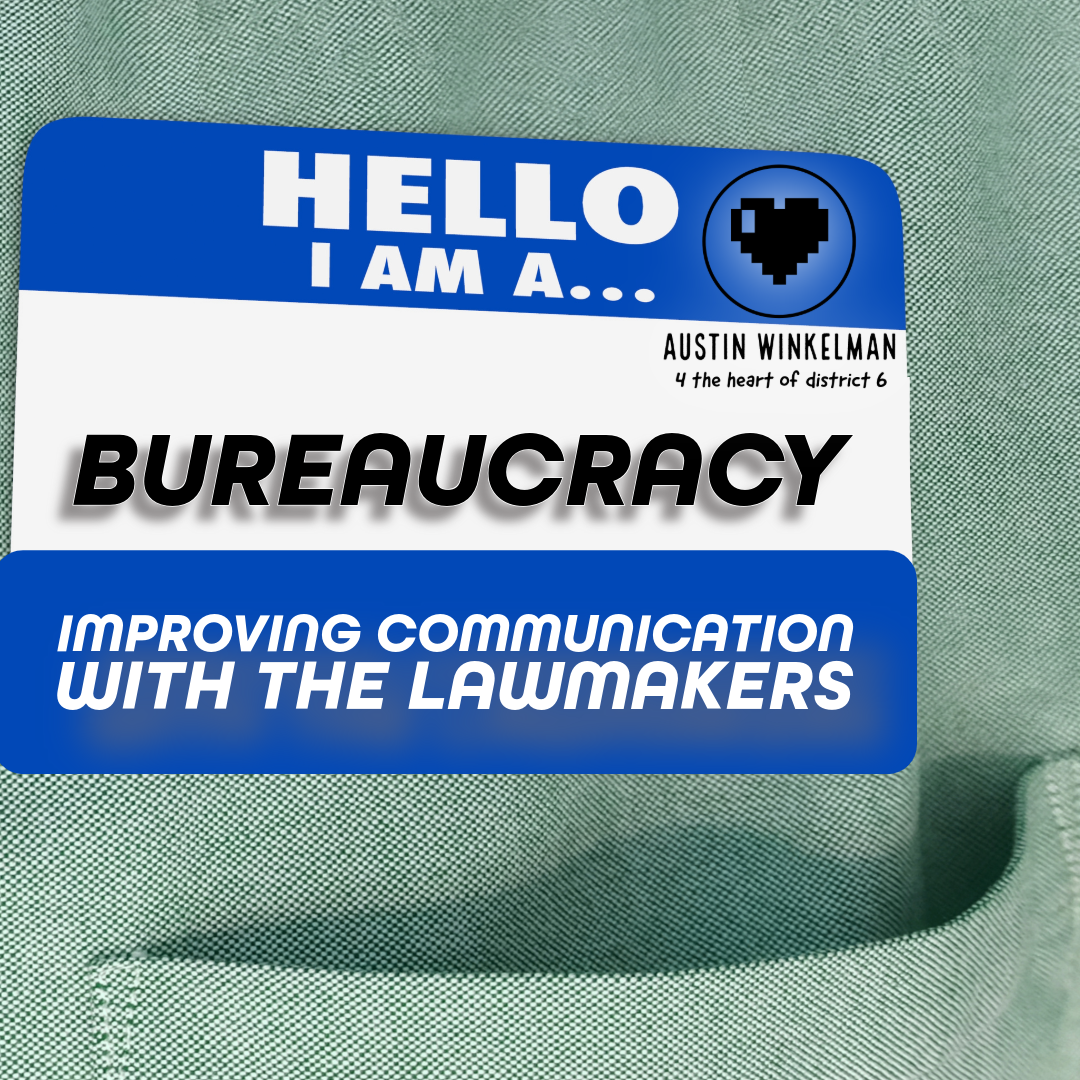
Improving communication with the Lawmakers
I propose the development and implementation of a government communication application that would be available on mobile devices. This platform would allow direct, secure communication between citizens and their representatives, functioning similarly to social media platforms but dedicated solely to civic engagement.
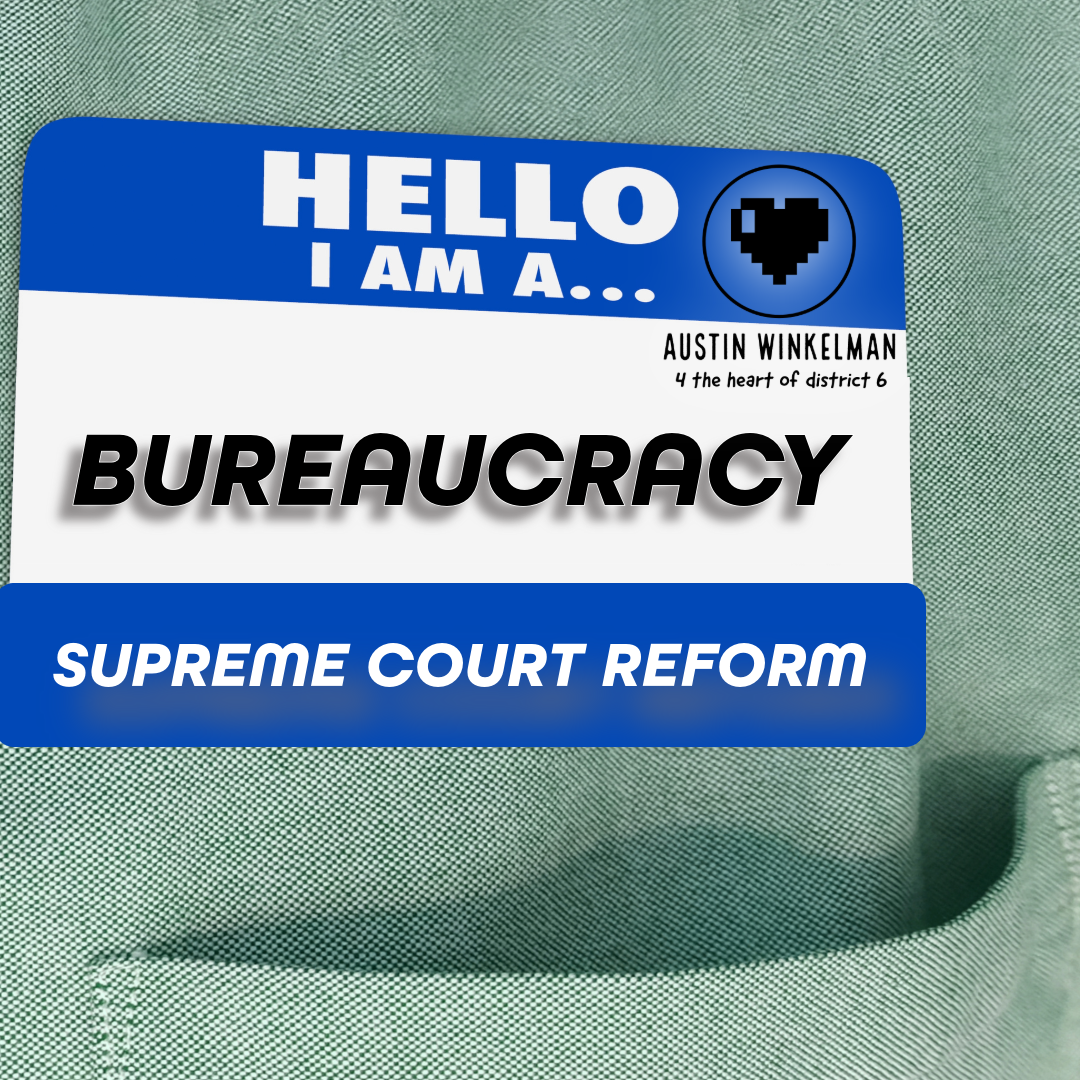
Supreme Court reform
In light of recent corruption scandals and several controversial Supreme Court decisions, I have been a strong advocate for Supreme Court reforms since 2020. Today, those concerns have expanded to include broader issues, such as accountability, ethics, and judicial overreach.
To address these challenges, I propose the following three reforms:
Ethics Code Enforcement: I support the enforcement of a robust judicial ethics code by an independent, third-party body. This body would be tasked with ensuring transparency and holding Supreme Court justices accountable for unethical behavior. Additionally, we must redefine legal standards for bribery, extortion, influence peddling, and other corrupt actions to close loopholes and strengthen deterrents.
Pitch in
Your donation goes directly to essentials like printing literature, digital outreach, and community events. Even small amounts make a huge difference.
This campaign isn’t about me, it’s about us. It’s about proving that working people can take on wealthy interests and win. With your support, we can bring fresh ideas, accountability, and real representation to Congress.
Join in by donating Via our Website
or
Act blue
Just do $1.00




